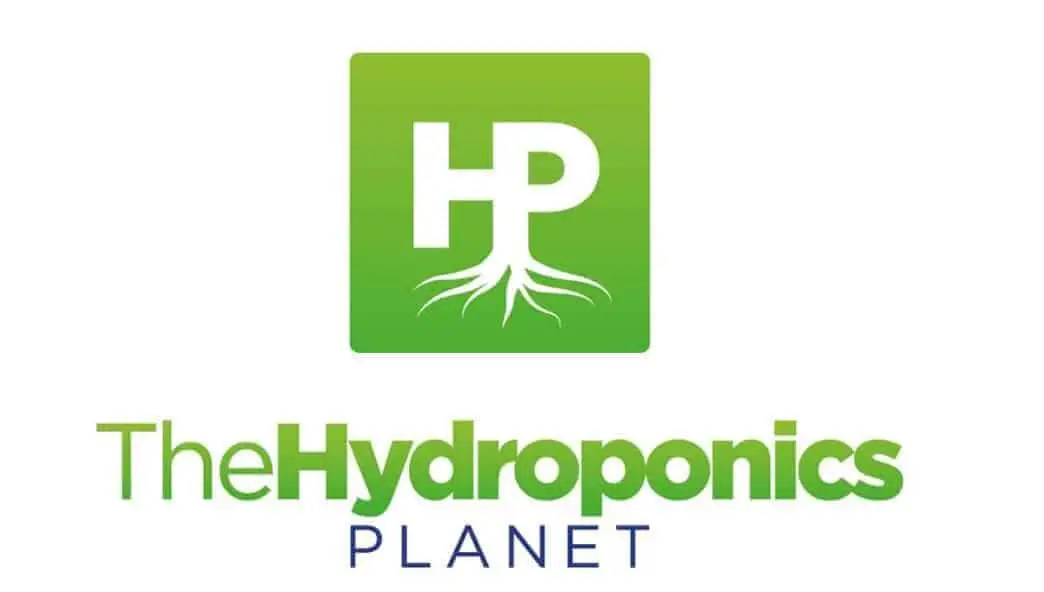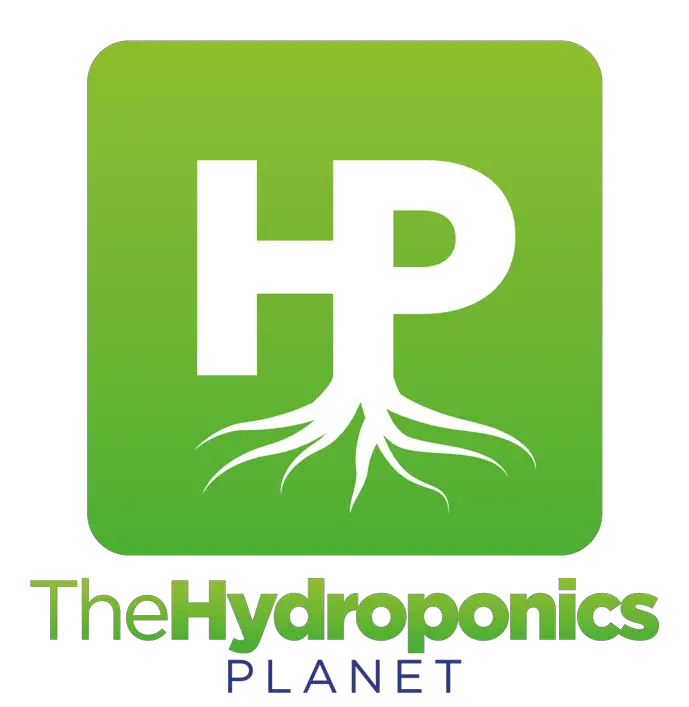With hydroponic farming gaining more and more popularity, people naturally have questions about how it compares to traditional growing methods using soil. For some, the most important decision factor is whether a product is healthy or not.
So, is hydroponic food as nutritious and healthy as food is grown in soil?
The answer will vary based on what food is being considered and what system is being used to grow it, but on average, food grown using a hydroponics system has the potential to be more nutritional than its soil-grown counterpart.
Hydroponics has the potential to greatly improve the efficiency of our current agriculture systems, while also improving upon the nutritional value of the food we eat. A number of factors go into the discussion of whether hydroponic food is better, including health, taste, and organic options.
Is Hydroponic Food Good For Health?
You may have noticed recently that hydroponically grown food is showing up in more and more grocery stores across the country. As technology advances and growers look for ever more efficient ways to produce food, hydroponics has caught on as a more efficient alternative to traditional growing.
While this is a great development for the profits of growers, it’s not without its own questions about the viability of food grown this way. For the most part, food grown hydroponically is similar in the nutrient count to its soil-grown counterpart, and can sometimes be more nutrient-rich. Hydroponics also has other health advantages over traditional growing methods.
- Nutrient Count
For food grown using a hydroponics system, the nutrient count will largely resemble its soil grown counterparts. In some instances, an increase in nutrient count has been observed due to the grower’s ability to scale up the amount of nutrients the plants are exposed to while growing.
- Lack of Soil Removes Risk of Contamination
For traditionally grown food, making it out of the soil and shipping process without contamination of any kind can be a huge feat. One of the biggest problems with our current food system is the risk of widespread contamination occurring before the problem can be caught and addressed.
By removing the soil from the equation, as well as manure-based fertilizer, hydroponic growing greatly reduces the risk of contaminated food making it to the supermarket. The reduced risk of contamination is one of hydroponics great health advantages over traditionally grown food. - Lack of Pesticides
According to Brandon Lawson, another health advantage that hydroponically grown food has over food grown using a traditional method is the removal of pesticides and herbicides from the process.
For food grown using a traditional method in soil, growers need an intensive regimen of both pesticides and herbicides to help keep their crops safe. While many growers have moved to an organic system, removing a lot of the harsher chemicals used in this process, the use of pesticides and herbicides still presents added compounds to your food.
By growing food in a more controlled environment, often indoors, hydroponics removes the need for herbicides and pesticides almost entirely. Without a need to use them, hydroponic growers are able to entirely avoid introducing unnecessary chemicals and compounds to your food.
While the hydroponics craze spread throughout the food production industry, considerations of its merits will naturally occur for consumers. As with most considerations of food choices, the safety and health viability of hydroponically grown food will be a topic that many will want to know more about.
Thanks to the efficient delivery of nutrients, hydroponic food is able to provide much the same if not improved nutrient levels as traditionally grown food. Where hydroponic food holds advantages over traditionally grown food is in the reduced risk of contamination and the near-complete elimination of pesticides and herbicides.
Does Hydroponic Food Taste Better?
Another consideration for anyone shopping in a supermarket for produce is which products will taste the best. We’ve all been there before, picking up individual produce using whatever method our mother taught us for determining what the insides will taste like.
This goes for hydroponically grown food just the same as produce is grown any other way. So, do hydroponic plants have a better taste better than their soil-grown counterparts? The answer is both yes and no.
On a fruit-to-fruit or vegetable-to-vegetable basis, there won’t be much flavor difference between hydroponic produce and soil-grown food. With all other variables being similar – freshness, exposure to necessary nutrients, and sunlight – both of these methods will produce similar results. While some claim that hydroponic food tastes better this is largely subjective.
Where the difference will show itself is in the freshness of the produce. The fresher the produce, the better it will taste, regardless of how it was grown. Food that is grown traditionally in soil often come from farms that are geographically distant from supermarkets, increasing transit time and lengthening the period of time from farm to shelf.
Because hydroponic systems can operate indoors and in spaces much smaller than traditional farms, they are often much closer in proximity to the supermarket. By cutting down on transit time, hydroponic food is often much fresher when it hits the shelves.
This is especially true of hydroponically grown produce that is out of season for the region in which you live. Because hydroponic growers operate indoors and can run year-round, they can provide fresher out-of-season produce than the traditionally grown counterparts from half a continent away.
What are the Best Hydroponic Foods?
From a consumer standpoint, the best hydroponic foods are those that are able to be grown and delivered fresh to market during their traditional offseason. Things like potatoes and other root vegetables that have both a long growing season and also store well won’t show to be much better than their traditional counterparts.
The best hydroponic foods for consumers in terms of taste and freshness will be those with a short, hot growing season. Because of their growing conditions, their traditional outdoor growing season will limit what can be locally sourced at the supermarket. These crops include:
- Berries
- Tomatoes
- Herbs
- Various peppers
Can Hydroponic Food be Grown Organically?
In short, yes, hydronic food can be grown organically, though growers often opt for the non-organic method when using a hydroponic system.
That said, growers using hydroponic systems don’t often opt for organic farming. There are a few reasons for this, and while most people will balk at food that isn’t grown organically, food that’s grown hydroponically but is non-organic is still of high quality and far superior to its dirt-grown counterpart.
The reason most growers opt against growing organically in a hydroponic system is the disadvantages of using organic nutrient mixes for their solutions. As many hydroponic systems depend on a pump to keep the system up and running, clogging of the pump can bring the entire system to its knees, and, if not addressed in time, kill your plants.
Organic nutrient solutions tend to clump up within the system and can clog the pump. For many growers, the risk of clogging the pump and having to constantly monitor for clogs isn’t worth the time.
While growers will opt for non-organic methods, hydroponic growing of this nature is still far more preferable to its soil-based. counterpart. This is because hydroponic systems have no need for pesticides and herbicides.
Fertilizers, herbicides, and pesticides are the three main culprits that prevent farmers from growing organic food. By removing two of the three, hydroponic systems are far more similar to organic growing methods than not.





